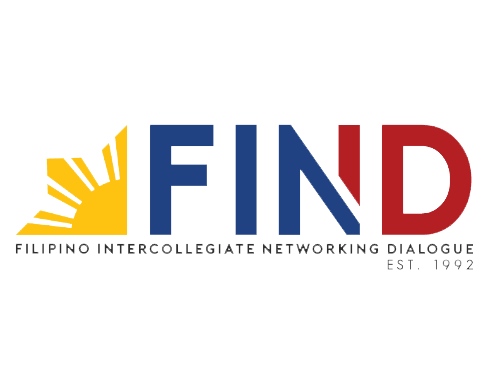No Longer Ashamed
By Julie Jimenez, FINDink Contributor
I’m Asian American.
More specifically, I’m Filipino-American.
What does that mean?
To you?
To everyone else?
Most would probably say that being Filipino-American means your parents are Filipino, but you were born/naturalized in the United States.
But that’s so technical… It sounds almost genetic.
To me, being Filipino-American means you appreciate and respect the culture, the traditions, and value while also forming your own.
But the one word that can throw people off is “American.”
America.
The land of the free, am I right?
The land where minorities like Filipino-Americans are discriminated against, told to go back to “Fillipinoville”, and are made fun of for their accents, and their cuisine.
The land where Filipino-American women are fetishized, objectified, and seen as “exotic.”
The land where Filipino-Americans were once accused of taking White people’s jobs.
The land where Filipino-American men were framed for stealing White women from their White male counterparts.
The land where White men called Filipino-Americans uneducated and worthless.
Most people wouldn’t really know that Filipino-Americans were faced with racism in the past. It’s not something that’s really taught in history classes at school.
But microaggressions and other racist comments are very much visible in today’s society.
These comments caused Filipino-Americans like myself to hide and try to assimilate with Westernized culture. I grew a distaste for certain Filipino dishes, and felt embarrassed in public when my mom’s accent would slip out.
My mom would have to buy other food for me because I didn’t want to eat Filipino food at school.
I felt ashamed of my culture. I was ashamed of who I was.
And I’m ashamed of that.
I was uncomfortable in my own skin. I wanted to have the fair skin of some of my classmates when I was younger.
I was afraid of people making comments about my identity. I was afraid of what people were thinking of me.
But once I got to high school, our population was so diverse. There was no majority race in my school. I began to accept myself because I felt safe around people of different cultures and different backgrounds.
I wasn’t ashamed to teach some Tagalog words to some of my friends or ask them to come over to my house to try different foods.
When I got to my university, I was terrified of adjustment. My school is a PWI (Predominately White Institution), and I had a fear of losing touch with my culture again.
That’s when I discovered the Filipino Cultural Association at Towson University.
From that moment on, I didn’t regret going up to their table at the involvement fair.
After each meeting, I felt like I grew even more in touch with my heritage, and I honestly thank my parents every day for giving me the opportunity to share my culture with others here in the United States.
I’m proud to say that I’m Filipino-American, a child of immigrant parents.
I implore everyone to be proud of their culture. We must be proud of the color of our skin, we must be vigilant against hate against us and other minorities in this country (that includes White Supremacy). We must be proud of who we are, how we got here, and how we’re moving forward.
Disclaimer: The views of the author do not necessarily reflect the views of FIND, Inc.
